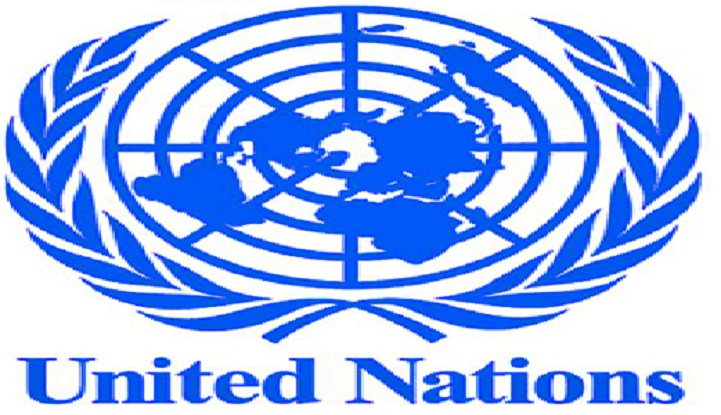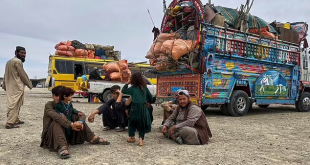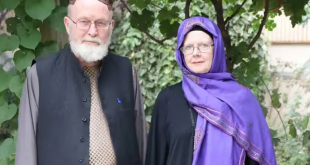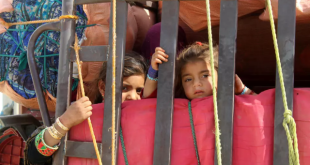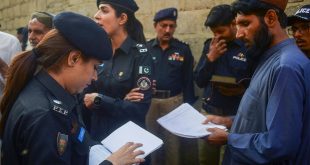The UN Security Council has extended sanctions regime against the Afghan Taliban and other affiliate insurgent groups. The resolution was passed unanimously by the UN Security Council. But, the council also decided to exempt travel ban on a “case-by-case” basis in order to facilitate the Afghan-owned peace process. The ball is now in the court of Afghan government to decide who should be exempted from the travel ban. The Security Council will allow only those insurgent leaders to travel that the Afghan government wish to travel and push forward the stalled peace process. Indeed, it is worth-appreciating that the 15-member council also urged the UN members to cut flow of funds to the insurgent groups and individuals promoting extremism and militancy. The Monday session shows that the UN is concerned about the deteriorating security situation in Afghanistan and supply of weapons and explosives to the Taliban. There is no doubt that some state-actors in South Asia region are providing intelligence, military and financial support to the Taliban, Haqqani Network and other terrorist groups including Daesh.
On one hand these actors tell the global community that they are supporting the Afghan peace process and condemn terrorism of all hues but on the other hand provide breeding ground to these groups. In such situation the UN Security Council’s resolution carries no weight because the resolutions were not backed by force in the past. The process of implementation is simple. The council should impose sanctions on the countries that are supporting militancy in Afghanistan. If sanctions failed to work then the Security Council should authorize the use of force as it did against the Taliban in 2001. The UN can also suspend membership of such states. However, the Security Council is not doing so which questions its credibility and existence.
A neighboring country repeatedly said that peace in Afghanistan is imperative for its stability and would take all possible steps to bring the insurgents to the table of talks. But, behind the curtain it is sabotaging the peace process. Despite the fact that it has great influence over the insurgents, this neighboring country is not preventing the Taliban from launching attacks against Afghan government. The recent clashes between insurgents and Afghan security forces in Sangin district of Helmand is showing us that how sincere this neighbor of ours is. The double-game has cast shadow over prospects of peace in the region.
The UN should take action against such countries because life in Afghanistan goes on within and around the war for quite long. Peace is unknown to the war-hit nation. Violence has accelerated rather than diminishing because the UN Security Council is slow to respond to the threats. Therefore, resolutions without resolve will not bear any fruit.
 Afghanistan Times
Afghanistan Times
